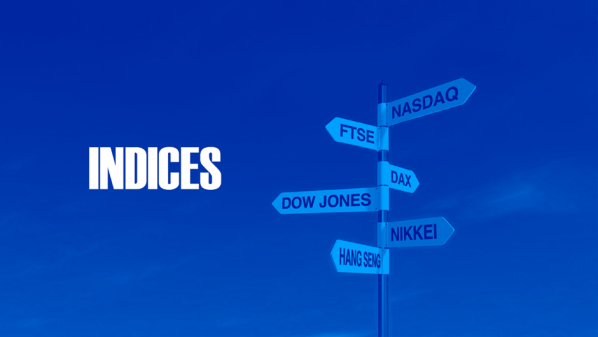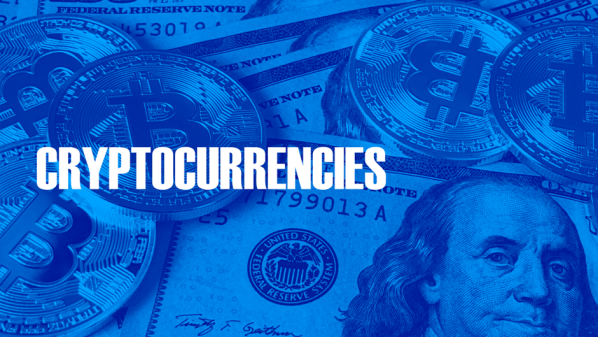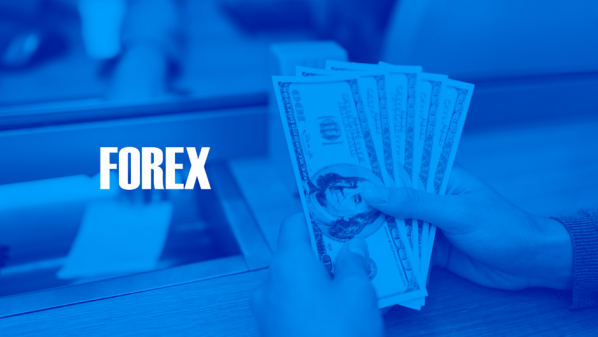
The three major U.S. stock indexes closed down collectively on Friday. The released U.S. non-farm payrolls data in May exceeded expectations. The strong non-farm payrolls data dashed the Feds hopes of suspending interest rate hikes, this news made stocks closed lower. The Dow fell 348.58/1.05%, to 32,899.70. The Nasdaq fell 304.16/2.47%, to 12,012.73. The S&P 500 fell 68.28/1.63%, to 4,108.54. This week, Dow down 0.94%, the Nasdaq fell 0.98% and the S&P 500 fell 1.2%.
“If the Fed sees the U.S. labor market as continuing to hold up as they consider the backdrop for rate hikes, they may be more aggressive in accelerating the pace of rate hikes,” said David Meger, head of metals trading at High Ridge Futures. As an illustration, Fed Vice Chairman Brainard said on Thursday it was difficult to see a reason to pause rate hikes in September after they failed to support the dollar.
Citigroup chief executive Jane Fraser predicts that a recession will be difficult to avoid in the United States, but a severe downturn is not the bank's baseline forecast. She believes that Europe is more likely to fall into recession than the United States. Fraser's comments came after several pessimistic comments from bank executives. JPMorgan Chase CEO Jamie Dimon said on Wednesday that he believes an economic hurricane is coming. Goldman Sachs Group President John Waldron called the number of shocks to the U.S. economy unprecedented, but economic data did not support forecasts of impending disaster.

Tesla (NASDAQ: TSLA) plans to have workers at the Shanghai plant work in a Tesla (NASDAQ: TSLA) CEO Elon Musk said the company needed to “cut about 10% of its workforce” and would suspend global hiring because of the perceived economic downturn. According to media reports, Musk said he had a super bad feeling about the economy.
Lululemon (NASDAQ: LULU) revenue in the first quarter was $1.613 billion, a year-on-year increase of 32%, exceeding market expectations by more than $60 million. The company also raised its full-year guidance.
Analyst Harsh Kumar downgraded Micron (NASDAQ: MU) to underweight from neutral, with a price target of $70 from $90. Kumar told investors in a research note that the downgrade was due to the company's “excessive exposure” to mobile, PC and other consumer end markets and related macroeconomic trends. Micron has roughly 55% exposure in PC, mobile and other markets, and the DRAM market, which accounts for more than 70% of total revenue, has started to see prices drop for most configurations.
Morgan Stanley analyst Katy Huberty said in a research report that Apple (NASDAQ: AAPL) May App Store net revenue growth rate is expected to slow to 4% year-on-year, lower than its expected 8% year-on-year growth rate in April.
Novavax (NASDAQ: NVAX) Pharmaceuticals, after the U.S. Food and Drug Administration said the company's new crown vaccine has a higher risk of heart disease than other vaccines.

Bitcoin (BTC) fell from a high of $30,658 on Friday as buyers remained on the sidelines. Bitcoin is struggling to hold the $30,000 level and is currently trading just below that level. BTC was able to climb as high as $32,000 earlier this week, but the festivities were short-lived as sellers stepped in and pushed prices back to their current levels over the past few days.
The overall market was also volatile, with some altcoins falling in price while others tried to lead. Cardano, for example, is a clear outlier over the past week, with its price up to around 13%. Solana, on the other hand, was the biggest loser among large-cap stocks, down 12.5% in seven days. This might have something to do with the fact that the network is down again. Meanwhile, Ethereum fell 2.5%, and Dogecoin gained 2.4%. The total cryptocurrency market capitalization has increased by about $30 billion.
Sentiment among crypto traders remains bearish, as evidenced by the drop in the Bitcoin Fear and Greed Index over the past few days. The index moved deeper into “extreme fear” territory, similar to what happened in January of this year when BTC prices rallied.
Nonetheless, technical indicators point to the limited upside for Bitcoin, especially at its 50-day moving average, currently at $34,177.

Gold prices fell on Friday as a stronger dollar and better-than-expected U.S. jobs data sparked fears of aggressive monetary policy tightening.
“If the Fed sees the economy continuing to hold steady during the rate hike, they may be more confident to raise rates at a faster pace.” said David Meger, head of metals trading at High Ridge Futures.
Higher U.S. interest rates increase the opportunity cost of holding non-interest bearing gold, while boosting the gold-denominated dollar.
Citi Research said in a note, “A hawkish Federal Reserve, rising real interest rates, and still-steady medium-term inflation expectations are all weighing on gold prices against the backdrop of a relatively strong dollar.”
“Some geopolitical risk premiums also appear to have declined as markets price in the Russia/Ukraine conflict. On the flip side, rising asset market volatility, the likelihood of central bank repurchasing gold, and a stagflation tail hedge may support $1,800 support.”
Societe Generale strategists said: “the real interest rate is a key factor affecting the price of gold, and other factors driving the price of gold are currently hyped, including the geo-risk caused by the war in Ukraine, further disruption of the global supply chain, intensifying inflation and triggering a recession.”

U.S. oil prices remained volatile this week. The factors of bullish and bearish oil prices are evenly divided, and the market is waiting for more news to bring guidance to oil prices. Brent crude rose $1.80/1.5%, to $119.41 a barrel on Friday and U.S (WTI) crude advanced $1.80/1.5%, to $118.67.
U.S crude was heading for a sixth weekly gain on tight U.S supply, which has prompted talk of fuel export curbs or a windfall tax on oil and gas producers.
In terms of crude oil demand, the peak summer travel period in the United States is coming, which is expected to support oil prices. However, given that the market remains concerned about the U.S economic growth prospects, it is doubtful whether demand will be able to significantly improve. The U.S. peak driving season traditionally begins on Memorial Day in late May and ends on Labor Day in September. Despite concerns that soaring fuel prices could dent demand, data have climbed in recent weeks, showing more and more people are traveling by car across the U.S.
In addition, the European Union this week imposed the strictest sanctions against Russia, but the market still believes that Russian crude oil exports are resilient. The OPEC+, on Thursday agreed to boost output by 648,000 barrels per day a month in July and August rather than 432,000 bpd as previously agreed.

The dollar rose against a basket of currencies on Friday after a better-than-expected U.S. jobs report suggested a tight labor market could keep the Federal Reserve aggressively raising interest rates. Nonfarm payrolls rose by 390,000 jobs last month, the Labor Department said in a closely watched jobs report Friday. Economists polled by Reuters had forecast a gain of 325,000 jobs in May. For the week, the U.S. dollar currency index was up about 0.5%.
The Fed has already raised interest rates by three-quarters of a percentage point this year, and most Fed policymakers support a further half-point increase at the next two meetings.
Cleveland Fed President Loretta Mester said on Friday she is looking for “compelling” evidence that inflation has peaked before reducing the pace of the Fed's rate hikes, which policymakers say The pace is likely to increase by 0.5 percentage points in June and July.
Bullish analysts believe the Fed's tightening cycle is based on a stronger growth story than Europe, especially after Russia's oil embargo, which could hurt the euro zone economy. The dollar rose 0.8% to a more than three-week high of 130.85 yen The yen was not far from a 20-year low hit in May, as the Bank of Japan (BoJ) stuck to its ultra-low interest rate policy stance.
OneProSpecial Analyst
Buy or sell or copy trade crypto CFDs atwww.OneProglobal.com
The foregoing is a personal opinion only and does not represent any opinion ofOneProGlobal, nor is there any guarantee of reliability, accuracy or originality in the foregoing.
Forex and CFD trading may pose a risk to your invested capital.
Before making an investment decision, investors should consider their own circumstances to assess the risks of investment products. If necessary, consult a professional investment advisor.
www.oneproglobal.com
Leave a Reply